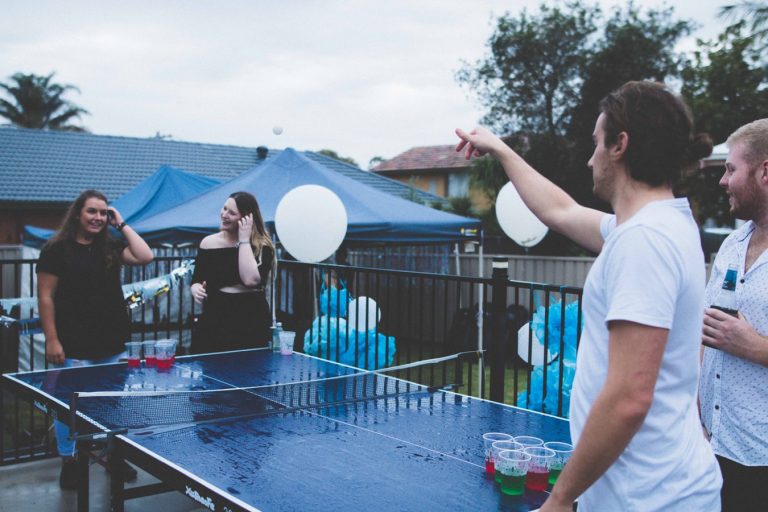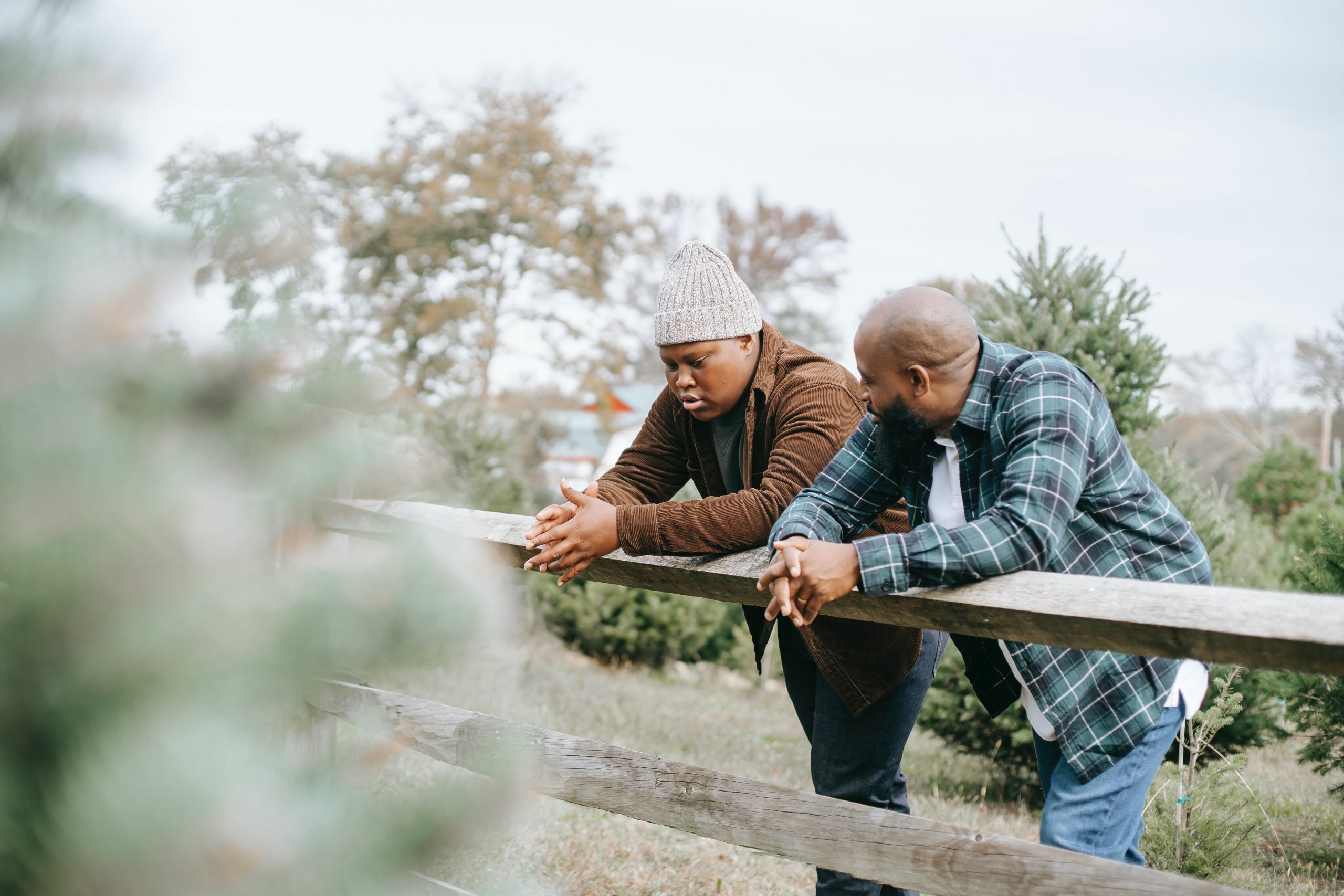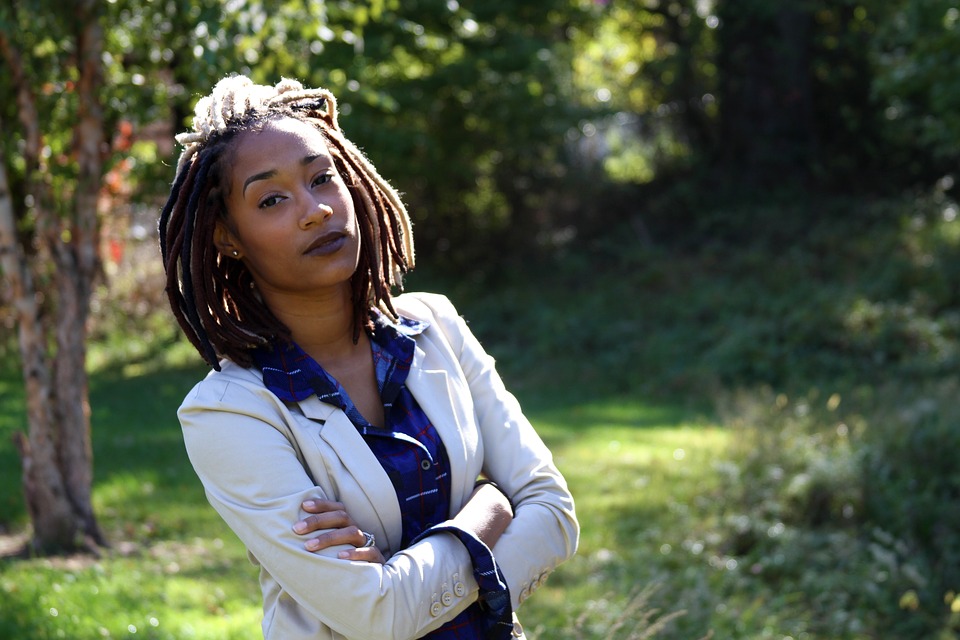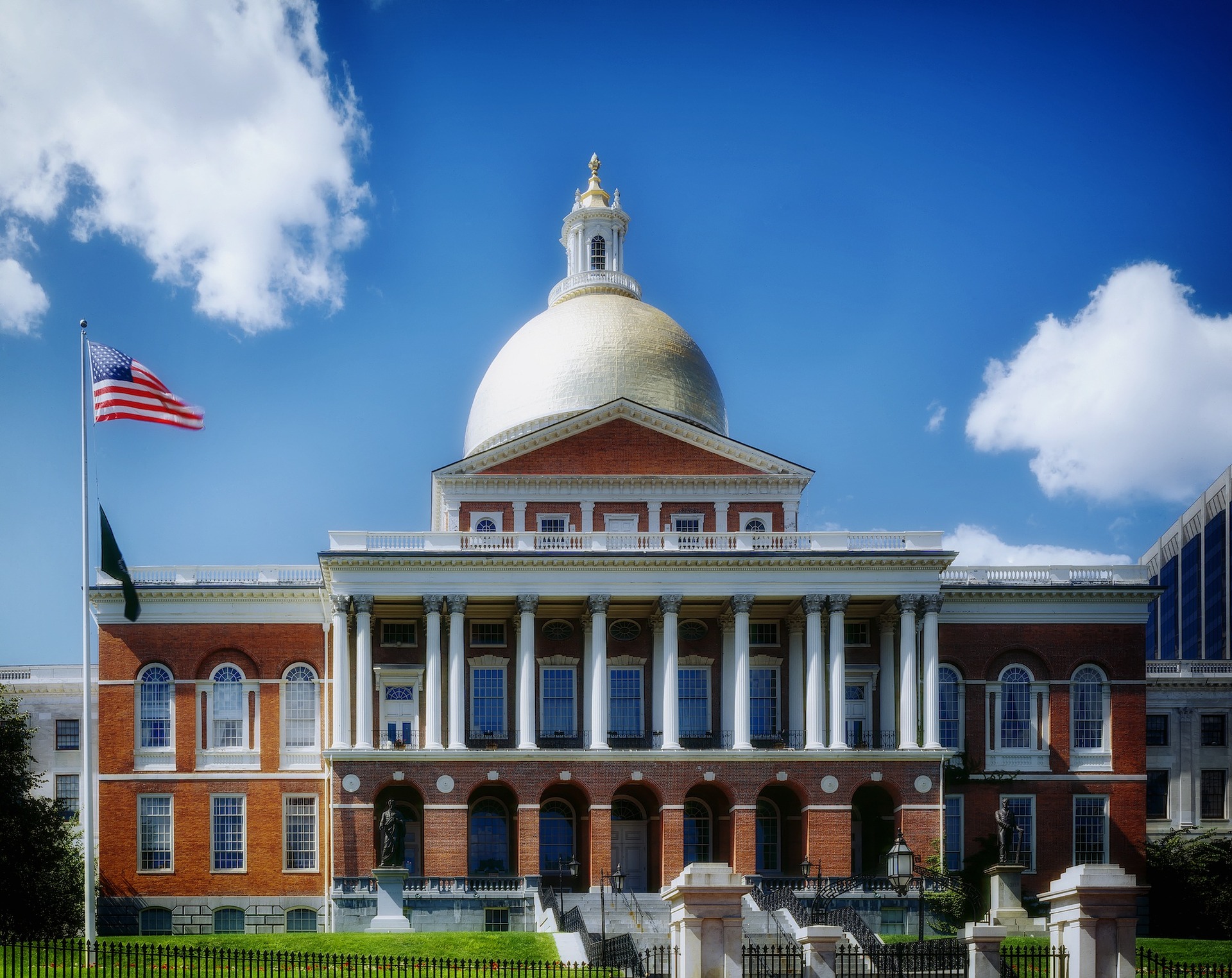 The convergence of widespread social media use, and recent national social movements and events—including the current war in Israel and Palestine, the MeToo movement, the Black Lives Matter movement, and the COVID-19 pandemic—has led to a growing number of public school teachers and other government employees being disciplined for statements they make on their private social media. Here in Massachusetts, a teacher was fired after posting a diatribe against people living in poverty and the conversation about privilege. In Ohio, a teacher was fired after making a social media post criticizing police brutality against students. There has been significant attention paid to public university professors across the country, with institutions taking differing views of whether they can terminate professors for their online speech. In Texas, Collin College fired three professors for making political comments on social media and criticizing their institutions’ handlings of the COVID-19 pandemic. In Indiana, the University of Indiana said it could not fire a professor who wrote posts denigrating women and LGBTQ people. We have been hearing from more public school teachers in Massachusetts and other states who are being harassed, doxxed, investigated, and sometimes disciplined for their private social media posts about political and social issues. CONTINUE READING ›
The convergence of widespread social media use, and recent national social movements and events—including the current war in Israel and Palestine, the MeToo movement, the Black Lives Matter movement, and the COVID-19 pandemic—has led to a growing number of public school teachers and other government employees being disciplined for statements they make on their private social media. Here in Massachusetts, a teacher was fired after posting a diatribe against people living in poverty and the conversation about privilege. In Ohio, a teacher was fired after making a social media post criticizing police brutality against students. There has been significant attention paid to public university professors across the country, with institutions taking differing views of whether they can terminate professors for their online speech. In Texas, Collin College fired three professors for making political comments on social media and criticizing their institutions’ handlings of the COVID-19 pandemic. In Indiana, the University of Indiana said it could not fire a professor who wrote posts denigrating women and LGBTQ people. We have been hearing from more public school teachers in Massachusetts and other states who are being harassed, doxxed, investigated, and sometimes disciplined for their private social media posts about political and social issues. CONTINUE READING ›
 Whether you are heading off to your first year of college, or are returning for your fourth (or sixth, or ninth) year of higher education, you are likely aware that sexual assault prevention is a big issue on college and university campuses today. We represent students—both those who have experienced sexual assault or misconduct and those accused of sexual misconduct—in campus proceedings at colleges and universities around the country. Here is some information that all students should know before heading back to campus. CONTINUE READING ›
Whether you are heading off to your first year of college, or are returning for your fourth (or sixth, or ninth) year of higher education, you are likely aware that sexual assault prevention is a big issue on college and university campuses today. We represent students—both those who have experienced sexual assault or misconduct and those accused of sexual misconduct—in campus proceedings at colleges and universities around the country. Here is some information that all students should know before heading back to campus. CONTINUE READING › Boston Lawyer Blog
Boston Lawyer Blog
















